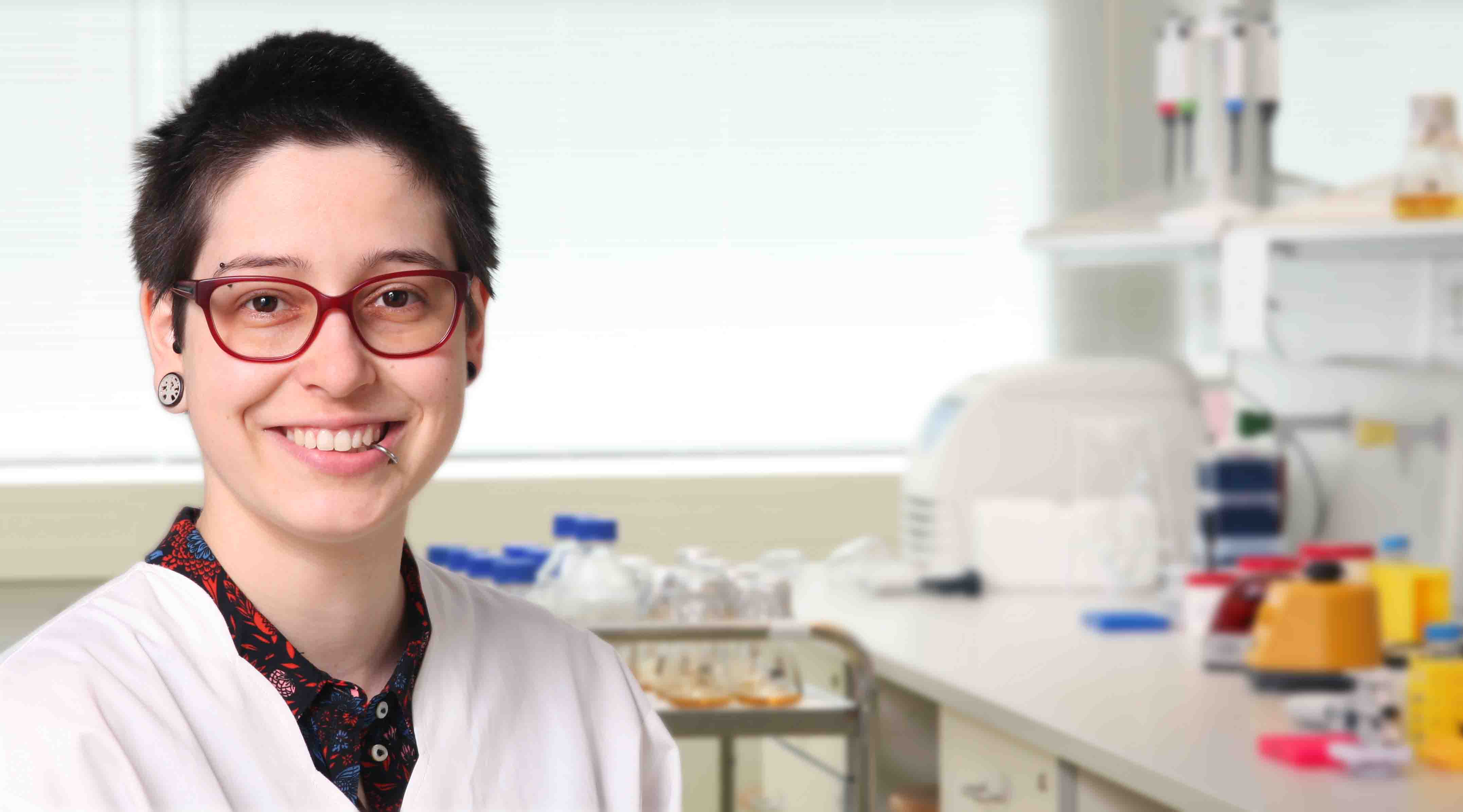The complement system acts as an important bridge between the innate and the adaptive immunity. This complex consists of several soluble plasma factors, cell-associated and soluble regulator molecules and receptors. As part of the innate immunity, the activation of the complement system starts within seconds after the recognition of an intruder by an appropriate receptor. The complement system has several crucial functions; it can attack microorganisms by forming of a pore and subsequently lysis of the organism or by opsonization and proinflammatory functions of anaphylatoxins, which chemotactically attract and activate other immune cells. The complement system is also responsible for the clearance of immune complexes and cell debris, cell activation and stimulating of the immune network. To avoid a detrimental effect the complement system is tightly controlled by several cell-associated and soluble regulators. The main soluble regulator of the alternative pathway is factor H (fH).
The aim of this project is to use two invasive fungal infections to study the interaction between the complement system and the fungal pathogenesis and to develop a therapy by either blocking the evasion from the complement system or strengthening the complement system to provide a better fungal clearance.
Candida albicans binds the soluble complement regulator molecule fH to evade the complement system. One of these fH binding molecules is a transmembrane molecule involved in the glucose metabolism, namely “High affinity glucose transporter 1” (hgt1). The expression of this molecule is glucose dependant. Since diabetes is one major risk factor for candidiasis, our first goal is to study the effect of this protein on the complement system in different glucose concentrations more in detail.
Invasive mucormycosis is a life-threatening opportunistic infection by members of the Mucorales order. The incidence of mucormycoses has increased over the last decade due to the increased number of people at risk and the intrinsic resistance of these fungi against many antimycotics. Since this disease has a high morbidity and high mortality, even under antimycotic treatment, a more effective fungal weapon would be needed. We propose that the complement system is a promising antifungal weapon. Our second goal is to broaden the knowledge about the interaction between the mucormycetes and the complement system and subsequently develop a possibility to use the complement system as an antifungal treatment.







